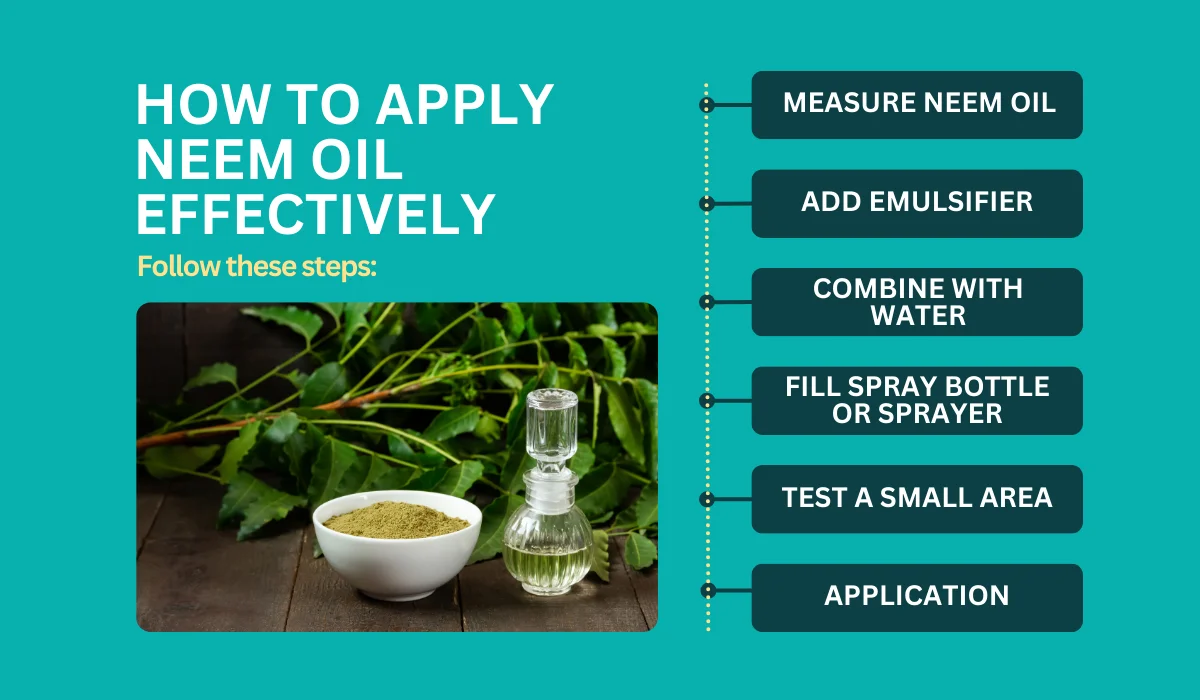Is Neem Oil an Effective Whitefly Killer?
Neem oil is a popular natural whitefly treatment for gardeners seeking to combat various pests, including whiteflies.
But how do you properly use Neem oil to ensure it effectively combats whiteflies?
Keep reading to learn the best practices and tips for maximizing the efficacy of Neem oil in managing these pests.
Key Takeaways
- Neem oil is a natural pesticide that can disrupt whiteflies' hormonal balance and feeding habits.
- When using Neem oil, adhere to safety precautions to maximize effectiveness and minimize risks.
- Other effective treatments for managing whiteflies include chemical pesticides, insecticidal soaps, and horticultural oils.
- Preventive measures like regular plant inspections are essential to keep whiteflies at bay and maintain a healthy garden.
- Professional pest control services provide customized and effective solutions for severe or persistent whitefly infestations to ensure long-term control.
Does Neem Oil Kill Whiteflies?
Neem oil, derived from the Neem tree, is often used to combat garden pests like whiteflies, aphids, wasps, spider mites, mealybugs, and gnats.
Neem oil kills whiteflies by disrupting their life cycle and preventing feeding.
How to Apply Neem Oil Effectively

Applying Neem oil correctly can help control whitefly populations. With proper preparation of the Neem oil mixture, you can improve its effectiveness against whiteflies.
Follow these steps:
Measure Neem Oil: Start by measuring out 2 tablespoons of pure Neem oil.
Add Emulsifier: Mix the Neem oil with 1 teaspoon of mild liquid or insecticidal soap to act as an emulsifier.
Combine with Water: Pour the Neem oil and soap mixture into 1 gallon of water. Stir well to ensure the oil is evenly distributed.
Fill Spray Bottle or Sprayer: Transfer the mixture into a spray bottle or sprayer. Shake the bottle well before each use to keep the mixture properly mixed.
Test a Small Area: Before applying it to all your plants in the vegetable garden, test it on a small area of the host plant to check for any adverse effects.
Application: Thoroughly coat the underside of leaves where whiteflies reside.
When Should Neem Oil Be Applied?
Effective application of Neem oil involves understanding the optimal conditions and timing.
Consider these best times and conditions for its application year-round:
Best Times | Conditions | Tips |
Early Morning | Cooler temperatures | Reduces the risk of burning plant leaves |
Late Afternoon | Reduced sunlight | Provides ample time for the oil to be absorbed before evening |
Calm Weather | No wind or rain | Prevents the solution from being blown away or washed off |
Weekly Application | Consistent schedule | Helps control and prevent whitefly populations |
Avoid Flowering Period | Non-flowering plants | Prevents harming beneficial insects |
Other Whitefly Treatments
To get rid of whiteflies on your property, consider these repellent options and how to apply them effectively.
Treatments | How to Use |
Chemical Pesticides | Spray directly on infested areas |
Biological Controls | Release beneficial insects outdoors |
Insecticidal or Dish Soap | Mix with water and spray on plants |
Horticultural Oils | Dilute according to the label and spray on leaves |
Petroleum Jelly | Apply a thin layer on stakes near affected plants |
How to Prevent Whitefly Infestations
Employing whitefly control offers many benefits to prevent future whitefly infestations.
To keep your indoor garden thriving and free from pests, here are some proactive steps you can take:
- Inspect Plants Regularly: Check for early signs of whiteflies on indoor plants.
- Isolate New Plants: Quarantine new ornamental plants for a few days before introducing them.
- Proper Ventilation: Ensure good airflow to discourage pest settlement.
- Yellow Sticky Traps: Use traps with sticky substances to catch flying whiteflies.
Consider these proactive strategies that can help safeguard your property against whiteflies:
- Companion Planting: Plant herbs like basil and marigold that repel whiteflies.
- Mulching: Use organic or reflective mulch to create a barrier for pests.
- Water Plants Properly: Avoid over-watering, which creates a favorable environment for pests.
- Encourage Natural Predators: Introduce ladybugs and lacewings or make the yard encouraging for hummingbirds that feed on whiteflies.
- Landscaping: Choose resistant outdoor plants and regularly prune them to maintain good air circulation.
- Raised Beds: Consider using raised beds for your plants.
When to Call a Professional
Sometimes, whiteflies become a persistent problem that home remedies like Neem oil can't handle. If the infestation is severe and keeps returning, it's best to call a professional pest control company (like us at Native Pest Management).
As professionals, we have the specialized tools and knowledge to manage stubborn infestations. We can also offer targeted solutions that are more effective than DIY methods, saving time and effort while providing peace of mind.
.2407030226106.jpg)